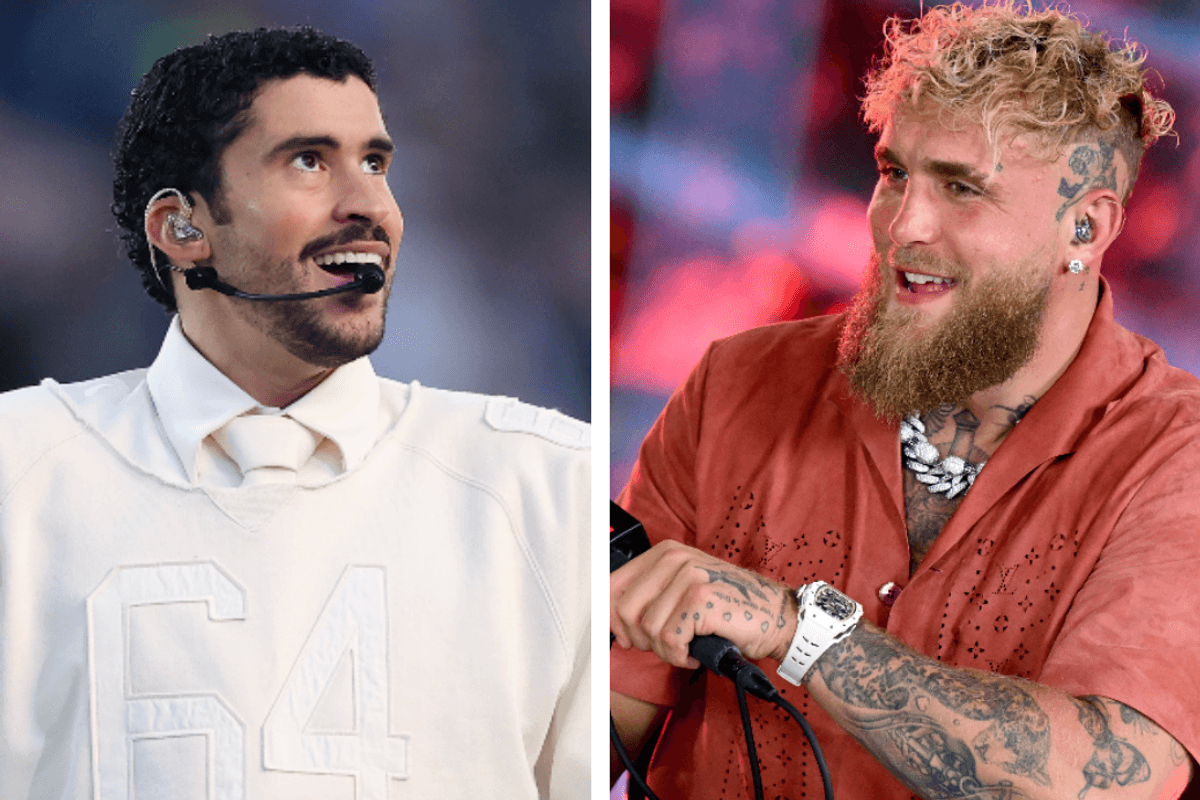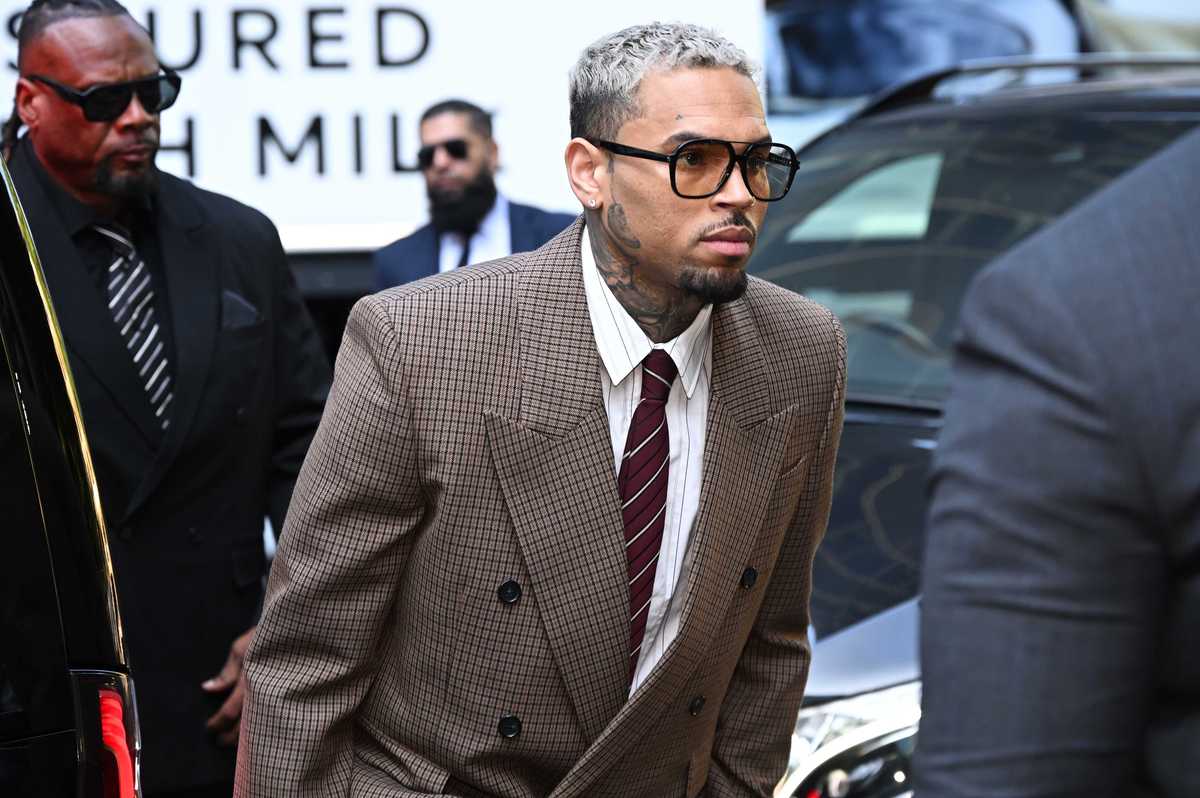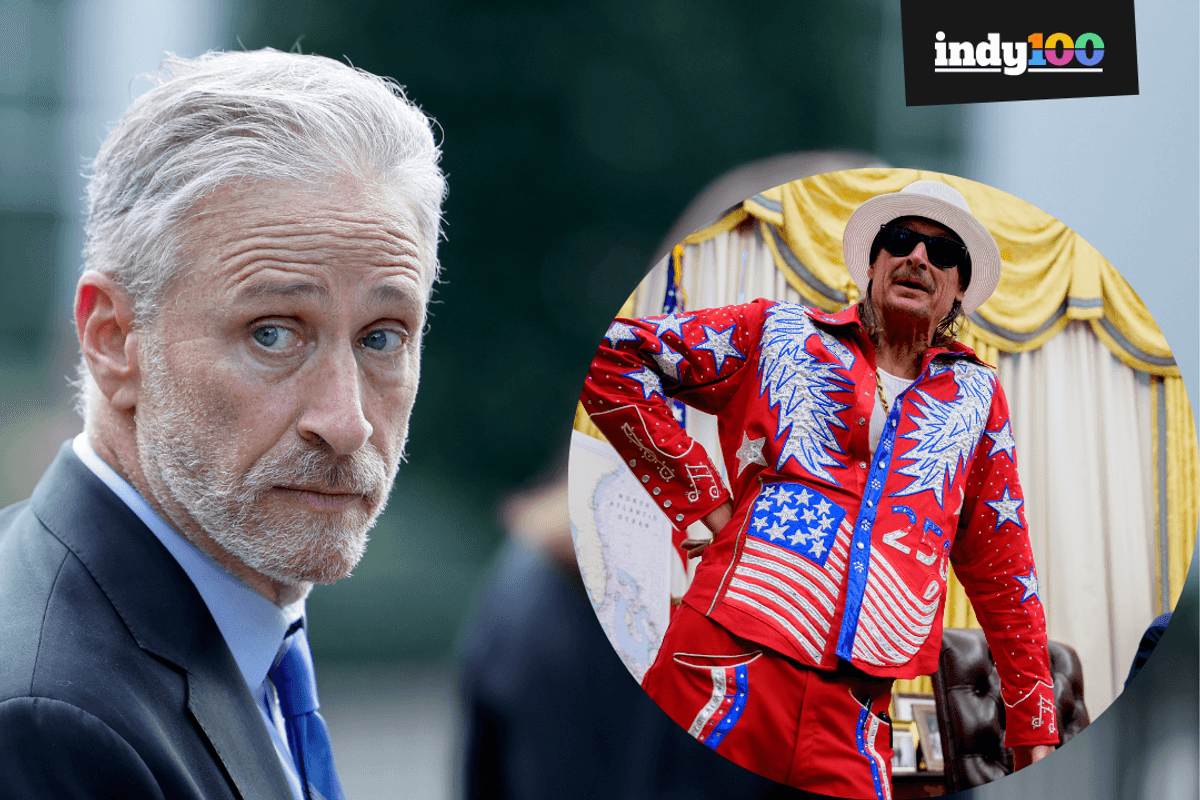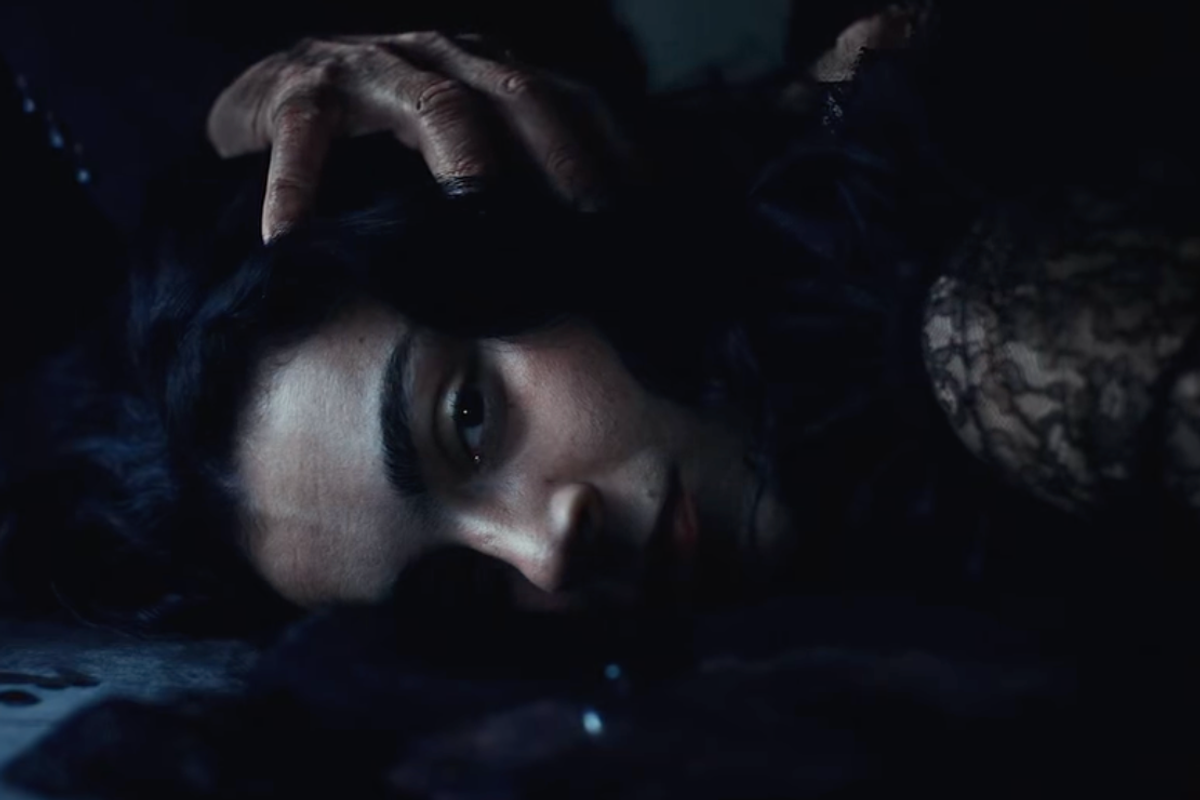Showbiz
Greg Evans
Dec 29, 2022
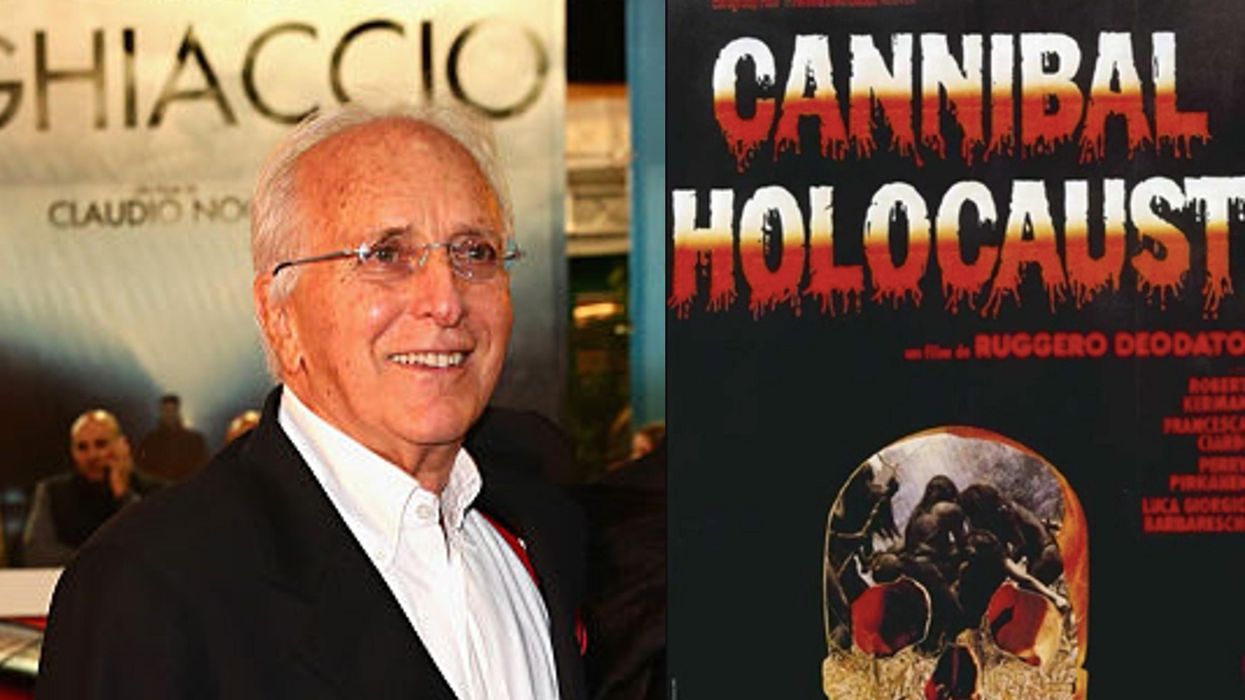
Getty/United Artists Entertainment
Ruggero Deodato, the influential director of Cannibal Holocaust, has died aged 83 - leaving behind a legacy of one of the most bizarre and controversial film productions ever.
Deodato, who is considered amongst the greats of Italian horror cinema, including Dario Argento, Sergio Martino and Mario Bava, made Cannibal Holocaust in 1980 and it wasn't long before the controversy started.
To roughly sum up the movie, it follows a group of documentary filmmakers who attempt to make contact with a cannibal tribe in the Amazon rainforest and make a film about them. However, the crew have gone missing and its only when their footage is found that the grisly truth of their demise is revealed.
The film features some of the most graphic and scarily realistic violence that has ever been committed to film. Deodato was inspired by the Italian media coverage of the Red Brigade's terrorism and the 'Mondo' shockumentaries of Gualtiero Jacopetti.
Sign up to our new free Indy100 weekly newsletter
As Cannibal Holocaust used realistic elements to tell its story and present it as pseudo-fact, it was hard to tell what was real and what was not. Deodato's commitment to this charade saw him ask any of the actors whose character's died during the movie to stay out of the public spotlight for at least a year and avoid doing any press for the film.
This little trick worked a bit too well as just 10 days after the film premiered in Milan, all the copies of Cannibal Holocaust were confiscated by the authorities leading to it eventually being banned from theatrical release in France. To make matters worse, Deodato's actors were still committed to their secluded lifestyle and hadn't been seen or heard of for more than a year.
With all this in mind and considering the deaths in the film were so graphic and so violent, there were now strong suspicions that the actors had actually been murdered for real and Deodato was charged with their deaths. Concerns were also raised about an indigenous girl who during one, now infamous scene, is seen impaled on a large spike.
Firstly, Deodato had to prove that all of his actors were still alive, which star Luca Barbareschi was able to help with. Barbareschi, whose character is decapitated in the film, tracked down the other three actors who die in the film and they all appeared on an Italian television show, therefore proving that they hadn't died. As for the indigenous girl, this was relatively easy for Deodato to prove as he had footage of the girl understanding exactly what was going on and that she was taking part in an elaborate illusion involving two pieces of wood and a bicycle seat.
Although he was found not guilty of murder, Cannibal Holocaust's notoriety lived on as it was banned in numerous countries in or before 1984, for its depiction of actual animal torture. In the UK the film wasn't approved for a release until 2001, albeit with six minutes removed. Due to the treatment of animals in the movie, Deodato's filmmaking license was revoked and wasn't restored for another 3 years.
Cannibal Holocaust (1980) - Trailerwww.youtube.com
Nowadays, Cannibal Holocaust is considered a classic of the genre and possibly the most influential found footage movie ever made, with the likes of Quentin Tarantino and Eli Roth sighting Deodato's work as an influence. The film also kickstarted a mini-cannibal movie boom in the era, with Roth's The Green Inferno (2012) paying the biggest tribute as it took its name from the fictional documentary that the crew was making in Cannibal Holocaust.
Have your say in our news democracy. Click the upvote icon at the top of the page to help raise this article through the indy100 rankings.
Top 100
The Conversation (0)
